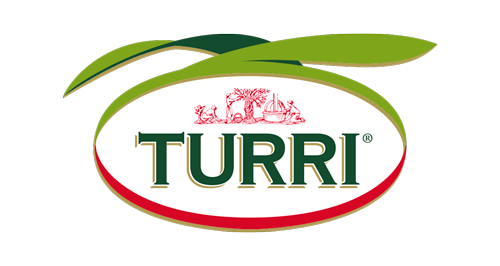Bartolomeo Platina, a Renaissance humanist writer who worked as a tutor for the noble Gonzaga family, gained great fame for his treatise on gastronomy, food hygiene and recommendations entitled De honesta voluptate et valetudine (“On honourable pleasure and health”). This book examined in great depth the properties of vegetables and salads and inaugurated a wealth of publications linking gastronomy to botany. The author recommended that meals should start with a salad, together with “any other raw or cooked vegetables that may be dressed with oil and vinegar”, and a pinch of salt, we may add. The reason was that this light and balanced dish was credited with getting the stomach moving. Indeed, it became customary to savour a delicately dressed salad before every meal. A book written by a cook working for the Duke of Manua in the Seventeenth Century describes an intriguing insalata cappuzzina sotto la brace (i.e. ember-baked cabbage salad), delicately combined with fresh herbs, liberally drizzled with olive oil and seasoned with salt and pepper. In yet another book of the time we find many recipes featuring broad beans, believed to be more digestible than common beans, and once popular in the orchards of our hills. The author suggests blanching them, and then dressing them with a little oil, vinegar, salt and pepper.


